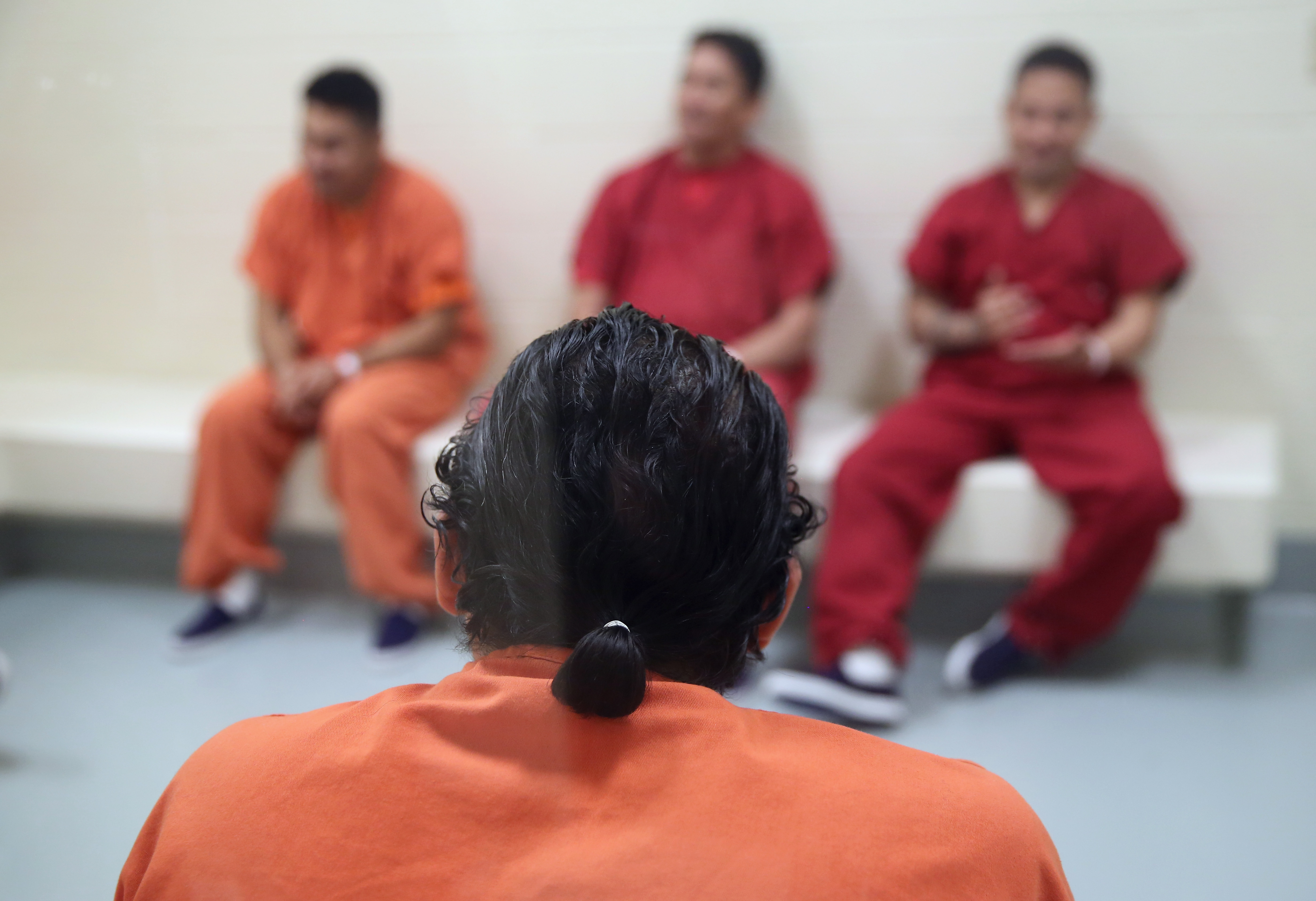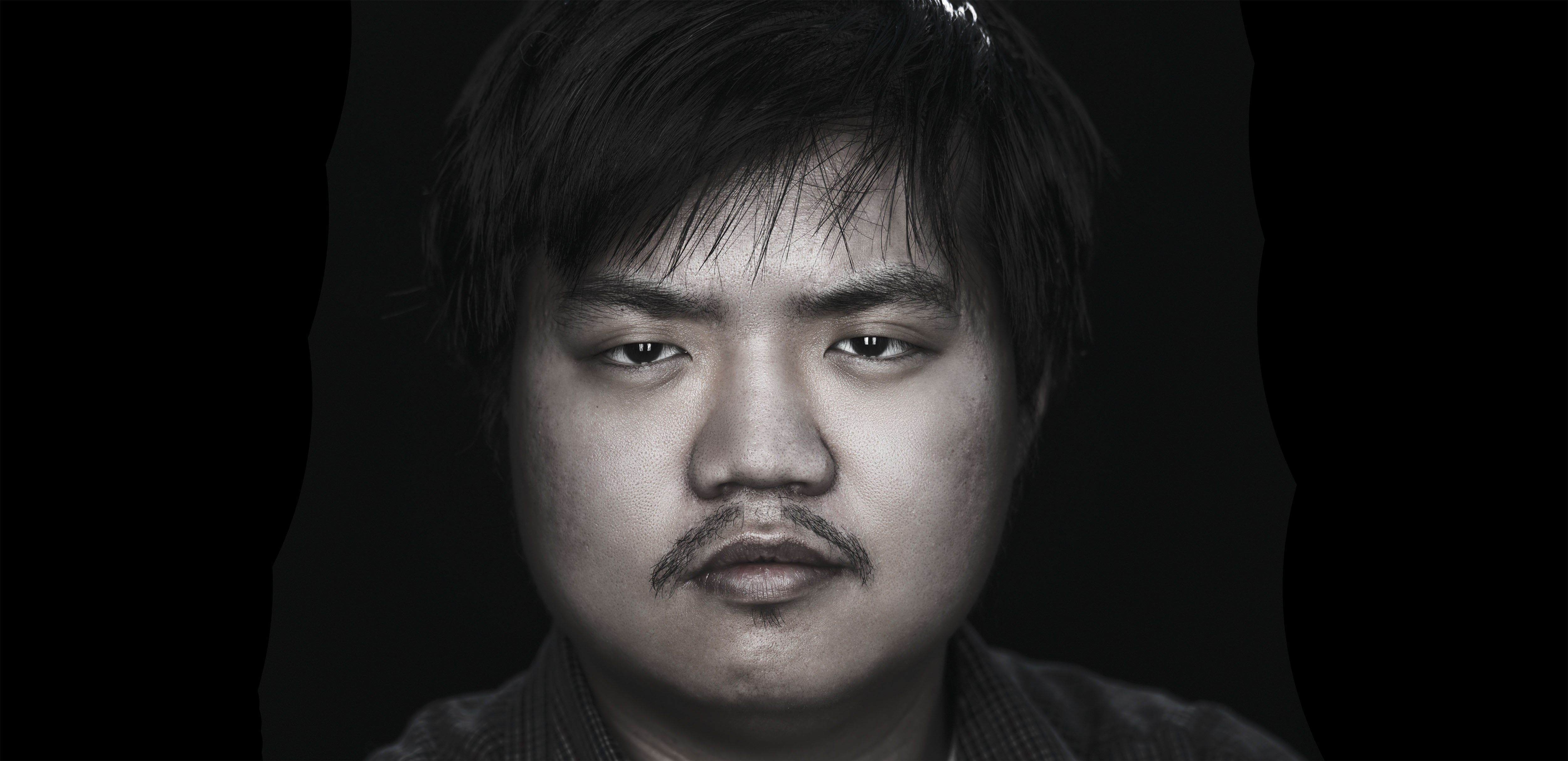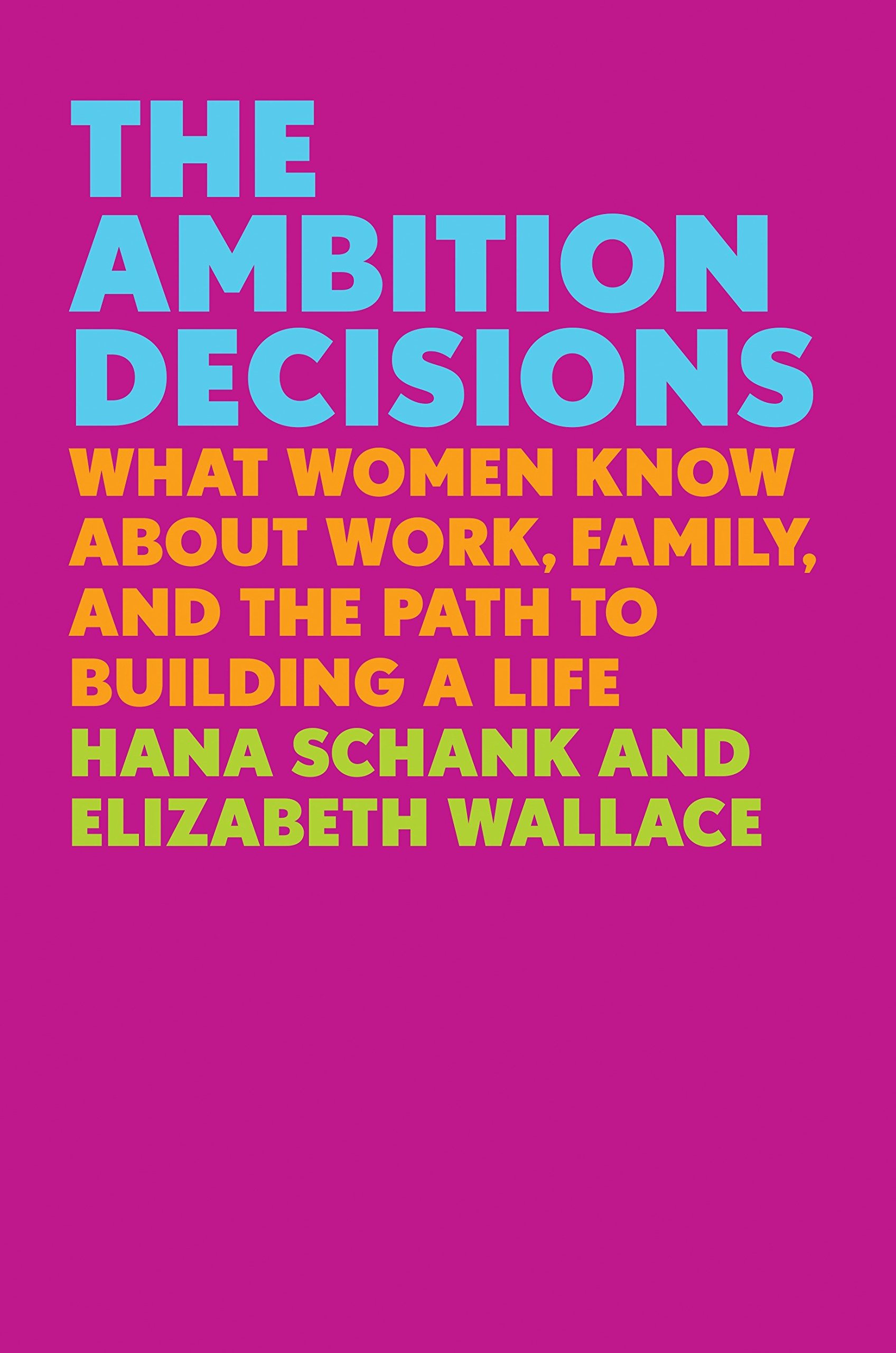A weekly newsletter for Pacific Standard Premium members.

(Photo: John Moore/Getty Images)
Your Five Essential Reads
A rundown of five of our most important and timely stories from the past week.
- Immigration has remained at the top of the news this week. An exponential increase in family separations, at the behest of the Trump administration, has ignited a furor among immigration advocates and people across the country. Fundamentally, the people who suffer the most from the decisions being passed down from Capitol Hill are the children who are being separated from their parents and held in detention centers along the border. And, as contributing writer Jared Keller writes, it’s unlikely the scars that result from this treatment will go away any time soon. Read Keller’s piece here.
- In more immigration news, President Donald Trump announced this week that he would be signing an executive order that would put an end to family separations at the border. But as contributing writer Massoud Hayoun reports, this decision could actually make things worse. The policy is the latest in several recent decisions by the White House that effectively mean more children will be detained for longer, in violation of the Flores v. Reno Supreme Court ruling that demands their prompt release from custody. As Angelica Salas, the director of the Coalition for Humane Immigrant Rights, said to Hayoun, “In a crisis that he and the Republican Party created, today’s directive worsens a horrific situation for immigrant families everywhere.” Read Hayoun’s story here.
- Around the world, camels are disappearing, along with the cultures and traditions of the people who have kept them. Award-winning cinematographer Roger Chapman traveled to India, Arabia, Mongolia, and the Sudan to document the decline in a stark and earnest photo essay. Chapman leaves us with this note: “Mobile pastoralism has much to teach us, not least about how we might reconcile our ever-increasing demand for more food, water, and energy with the need to tread lightly, like the camel, on this fragile Earth.” Check out Chapman’s photo essay here.
- Writer Rowan Jacobsen goes in-depth on the potential impacts of using a gene-drive—the ability to force particular genes into future generations—to wipe out entire species. While this could give us the ability to wipe-out the mosquitoes that have killed millions of people across Africa, Jacobsen also points out the potential existential dangers that could come about as a result of this technology. Read Jacobsen’s story here.
- What do you call an organization led by a mercurial, charismatic leader and comprised of people who follow anything that person says: A cult, or the modern GOP? This may sound like an overreach, but as senior staff writer Tom Jacobs found out after talking with cult expert Janja Lalich, there are more commonalities than you might think, or hope. As Lalich describes it, “The people around Trump, and the Republicans in Washington, absolutely kowtow to him, either out of fear they’re going to anger him, or out of adulation. That behavior is very typical of a cult.” Read Jacobs’ interview here.
The Edit Podcast
This week on The Edit we talk with Pacific Standard contributing editor Peter C. Baker and documentary filmmaker Yu Gu. Gu and Baker both created projects about former Jeopardy! contestant and influential blogger Arthur Chu. Baker attended college with Chu, and in 2015 wrote an essay that tackled Arthur’s controversial run on the show, and how his writing on the misogynistic elements of nerd culture came at a crucial time for the country, especially in the wake of the tragic Isla Vista killings carried out by a young man named Elliot Rodger.
While Baker was working on his feature, Gu and her creative partner Scott Drucker were in the process of filming a documentary of Chu’s life called Who Is Arthur Chu?, which investigates Chu’s family life and struggles with Internet trolls that were a result of his public writing agout Gamergate. In this episode, we talk to Baker about his profile, his relationship with Chu, and the fallout from the Isla Vista tragedy. Then we speak with Gu about the process of creating a documentary, Chu’s family life, and smashing the model minority myth. You can read Baker’s profile of Chu here and you can find Gu and Drucker’s documentary available on digital release here.
You can receive every new episode of The Edit as soon as they become available by subscribing to the podcast on iTunes, Spotify, or SoundCloud. Every episode is also available for Premium members here.

(Photo: Eric Schwabel)
Transcript: An Excerpt From The Edit
In 2014, Arthur Chu went on Jeopardy! and pulled off what was—at that point—the third longest winning streak in the game show’s history taking home almost $400,000 in prize money. Chu transitioned his game show success into a writing career, in which he primarily focused on toxic aspects of nerd culture, making him both a beloved and reviled figure. Filmmaker Yu Gu, along with her co-director Scott Drucker, decided to make a documentary about Chu’s life, which chronicles his rise to prominence and his battles with online trolls. We spoke to Gu on our most recent episode of The Edit, and small portion of the conversation is available below:
Varun Nayar: In terms of how the narrative itself unfolds you use Arthur’s jeopardy’s success as an entry point to talk about some of the larger tensions online and offline: like discrimination, isolation, loneliness. A lot of things that sometimes feel very closely connected with nerd culture. How did you envision yourself using some of the footage that you took in your visits to Cleveland and that narration that Arthur did in LA and how did you decide to splice that in with some of the very personal home footage that you must’ve gotten from Arthur and the news snippets of the actual Jeopardy! experience? Was there an organizing logic when you started out?
Yu Gu: Yes, when we embarked on the initial filming of this documentary we knew that Jeopardy! was going to be a part of the film because that is how Arthur was launched into this bigger online [slightly unintelligible] community, the Asian-American community, and so forth. So we knew that was going to be an important factor, so that’s why we—that’s why we followed him as he was competing in the Jeopardy! tournament of champions.
I think as we started to edit the film as we started to put the film on a timeline and re-arrange things and play with the way that we would set up things introduce things and sort of have payoffs for different things. We realized that the Jeopardy! element was definitely the launching pad and that’s how you get into the story but after you get into it there’s all these other layers that are unfolding. And we always knew that also we wanted this film to be a portrait, a very intimate portrait of Arthur. We wanted his words to really come through. We wanted to give him the space to really talk about himself, his thought processes, how he came to be, who he is, and where he thinks he’s going.
VN: As the narrative of the documentary unfolds we see in the beginning a lot of Arthur representing himself being on the public forum, being on stage, talking at magfest—but as we get closer to the end we get these quite beautiful moments of silence with him with his father with him in Taiwan and we start to see a lot of what you talk about this character study aspect of this whole thing. A lot of the stuff that he’s talking about also affects him on a personal level. And a lot of that stuff—the internalized discrimination, the name calling from trolls—it has also defined his relationship with the world.
YG: His relationship with his father, with his mom, with his siblings, and how those relationships/those dynamics speak volumes about being an immigrant in America. Breaking the model minority myth. The legacy of sort of toxic masculinity in that personal relationship that was passed down on to Arthur. These things were very complex and very nuanced, but we wanted to capture it in those relationship dynamics. When you see some of the home videos they’re often inter-spliced with these almost as if he’s remembering and as a flashback this memory of himself as a child, but it’s seen through the lens of the present.
So you almost see the meaning of that moment, that moment and that moment from the past is infused with more meaning because it’s placed in the present—in the context of the present. I think some of the personal storyline and the moments we captured with him and his family, we really were very thoughtful about the way that that could work with some of the stuff that he was talking about in his speeches, some of the current issues that everyone is facing in America—whether that’s race or misogyny—and so we wanted to sort of make those counter-points or supportive of some of the things we has discussing out in the world. Whether it’s online or at his events.
You can find the episode in full here and Gu’s documentary on digital platforms here.
PS Picks
PS Picks is a selection of the best things that the magazine’s staff and contributors are reading, watching, or otherwise paying attention to in the worlds of art, politics, and culture.

(Photo: Viking)
‘The Ambition Decisions’: In late 2016, while I was home in suburban Minnesota for winter break during my sophomore year at Northwestern University, I came across a series of articles in The Atlantic that instantly piqued my interest. “What Happens to Women’s Ambitions in the Years After College” was both a question I had been asking myself and the title of an essay by Hana Schank, an alumna of my very own school.
The most intriguing aspect of this article and the six others that went along with it was that it felt like a rare window into my own future: Schank and her co-worker, Elizabeth Wallace, interviewed 37 women from their sorority’s class of 1993 and asked them how their careers and families had shaped their lives.
Though I tried sorority life for a short time at Northwestern and found it definitely wasn’t for me, I found a strange camaraderie with these women whom I had never met—many of whom, like me, grew up in small towns in the Midwest and had graduated with big dreams from a top university.
I was enthralled by these women’s stories and their reasons for choosing children over career or vice-versa, but as I headed back to another quarter at Northwestern I promptly forgot about the articles.
That is, until a book entitled The Ambition Decisions: What Women Know About Work, Family, and the Path to Building a Life found its way onto my desk at Pacific Standard near the end of my internship.
Schank and Wallace’s book, an expanded version of the Atlantic articles, draws on real women’s stories of crisis, transition, and decision-making to help guide readers—or simply commiserate with them—through tough life changes. The decisions these women make, from accepting a promotion or not to planning when to get pregnant, are decisions that my female classmates and I fear having to confront.
Perhaps my enjoyment of The Ambition Decisions stems purely from my Northwestern connection with these women. But the notion that life is a winding mess of decisions and mistakes is an apt reminder for women like me as we head past graduation and into the “real world.” There should be no judgment of high-achieving women to choose another path; however, for some, a high-achieving career is worth some sacrifice.
—Ashley Hackett, Editorial Intern
PS in the News
A look at where our stories and staff surface in the national conversation.
- Ben Goldfarb’s feature, “The Endling: Watching a Species Vanish in Real Time,” about the on-going demise of the vaquita purpose made it onto the Longform main page.
- Jeremy Miller made an appearance on KCRW to discuss his recent feature, “Awakening the Grizzly,” and one of the main subjects of the piece, Noah Greenwald of the Center for Biological Diversity, was featured on an episode of KPCC’s AirTalk.
- Miller’s feature was also included in the Sunday Long Read round-up and in the California Today newsletter.
- Indie Lit Round-Up put contributing writer Hanif Abdurraqib’s essay about the suicide of Frightened Rabbit lead singer Scott Hutchinson into its list of What to Read this Weekend.
The Conversation
Awakening the Grizzly (June/July 2018)
- Jeremy Miller provides a good, brief account of California grizzly history and reintroduction studies here. Among his important points: American land and water conservation suffers from a view of wilderness as an area remote and distinct from cities, suburbs, and farms; California’s vegetation has changed broadly since the grizzly thrived here; acorns and meadow plants are essential grizzly foods; there’s not enough surface water to support grizzlies now; Native knowledge and ceremony contribute to a full understanding of grizzly ecology and the possibilities for human-bear interactions. Miller quotes a scientist who has talked with Hupa people about bears but he did not interview any Native people for the article. He provides only historical accounts of bear dances. To take his work further, he could talk with contemporary bear dancers throughout California and he could also inquire into how indigenous cultural burns could improve acorn yields and surface water quality and quantity, and how indigenous cultural fire could open the landscape for interaction among people, bears, and other creatures. If we burn it, they will come. —Jared Dahl Aldern
Biracial People Play a Uniquely Positive Role Helping Americans Grapple With Race (PSmag.com, June 12th)
- As a biracial person my anecdotal experience is that this is true. As a child when there were less of us around it opened up some really constructive and heartening conversations. I stand out less these days, especially in London, so less conversations but positive nevertheless. Having a foot in both camps enables me and the person I’m having the conversation with to think about difficult areas quite safely. As I think about it now it’s quite a privileged position so I’m lucky. —Anji Clarke
Since We Last Spoke: Fewer Get Out of Jail Free Cards to Go Around(PSmag.com, June 15th)
- Couldn’t this program be considered unconstitutional? Apart from its general unfairness, it probably benefits some racial groups disproportionately. —Jeff Rigsby
If you have any thoughts about this newsletter or our work—what you like/didn’t like/want to see more of—you can reach us at premium@psmag.com. If you’re not already, become a premium member by following the button below. As we continue to build out the benefits of a premium membership to Pacific Standard, we want to hear what would be most valuable to you.





